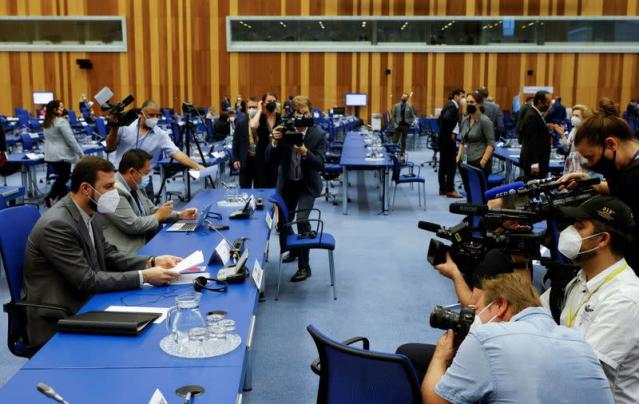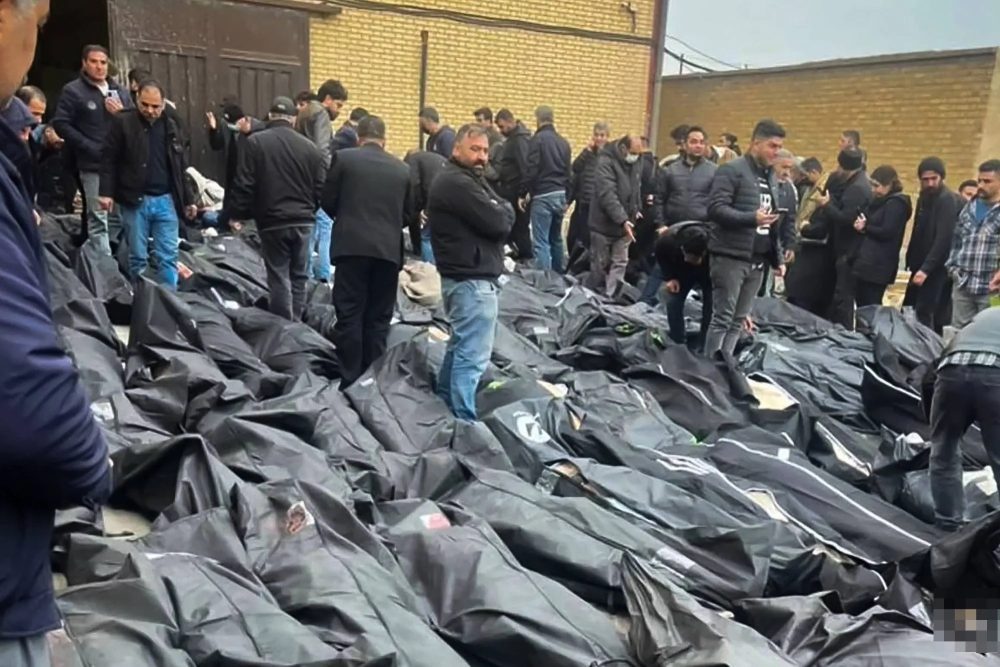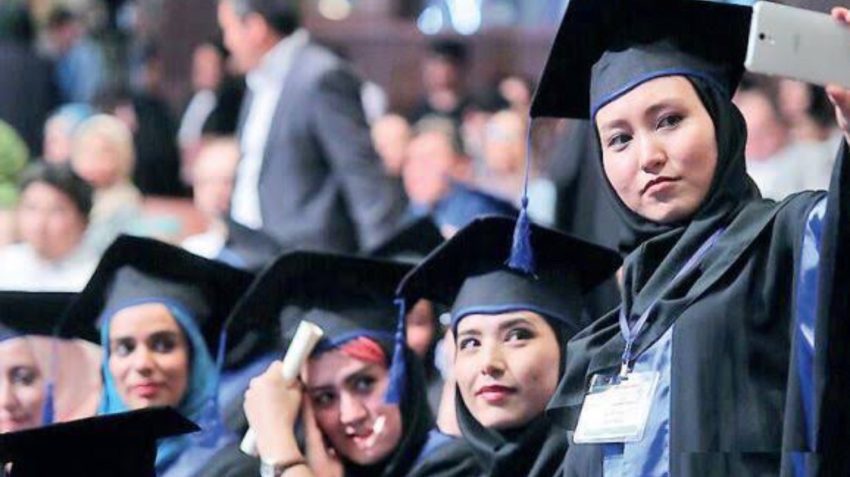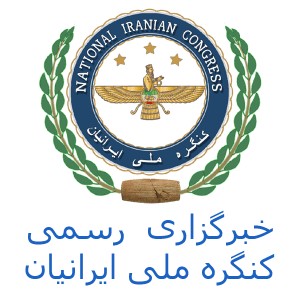
Rafael Grossi, director general of the International Atomic Energy Agency, who participated in the BBC World News Hardtalk program, responded to a question posed by the Israeli prime minister; “Talking does not stop the circulation of centrifuges in Iran,” he replied. “Centrifuges are not going to stop in Iran. The international community has agreed that Iran should enrich uranium to a certain extent. Of course, some people have different views and prefer Iran not to do anything, but making a decision in this regard has nothing to do with me.”
The BBC host also corrected his remarks, saying that the Israeli prime minister meant Iran’s access to uranium enriched with nuclear weapons, to which Grossi replied: “I know what he means, but I am doing my job.”
Asked if the IAEA has a complete picture of the regime’s nuclear activities in Iran, Grossi said: “We have a significant picture to the extent that is possible under the current circumstances. Our inspections in Iran are extensive. We are present in all the facilities that Iran has and we carry out inspections every day of the year.”
The BBC host asked in the middle of Grossi’s speech, but he was not satisfied with the actions of the regional actors’ agency, for example, the Israeli prime minister’s remarks against Iran’s nuclear program in the UN General Assembly; “The Israeli prime minister’s words do not mean that our inspections are unreliable,” Grossi said. “The IAEA inspections are extensive in Iran, and we are aware of the hot uranium produced in Iran and we know what is happening in different centers. Israel thinks that as soon as Iran has a nuclear capability, it is a danger, but this is a political issue and I do not want to interfere in it. But if our access to Iran is limited, we lose control and lose precise details, but we are as concerned as we should be, no more and no less.”






